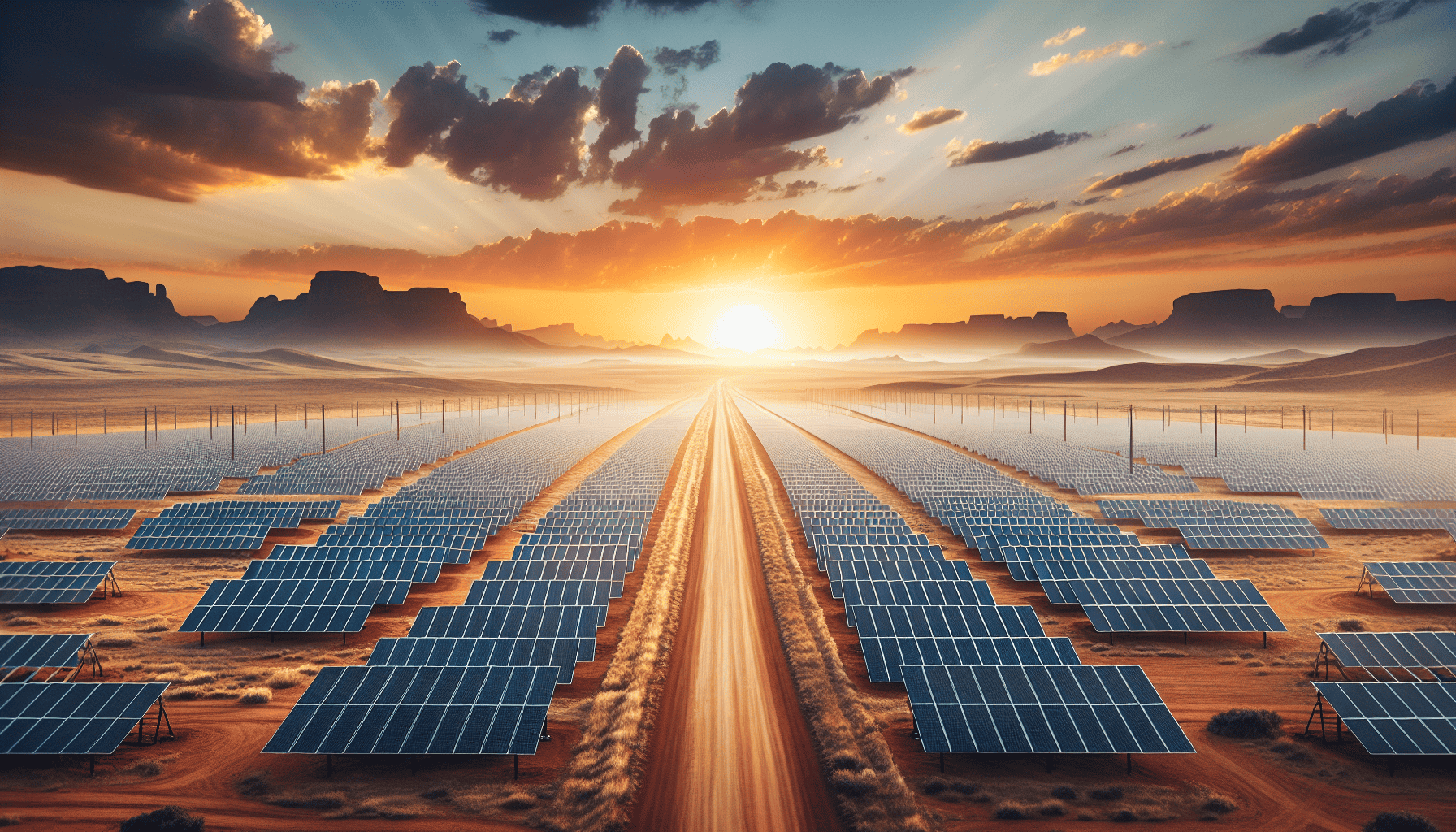South Africa is on a transformative journey towards integrating renewable energy sources into its national electricity grid. This shift is driven by a combination of environmental, economic, and social factors, as the country seeks to diversify its energy mix and reduce its reliance on fossil fuels. As one of the leading economies in Africa, South Africa's approach to renewable energy integration could serve as a model for other nations on the continent.
Traditionally, South Africa's energy production has been heavily reliant on coal, which accounts for more than 70% of its electricity generation. This reliance has contributed to significant carbon emissions and environmental degradation. However, the government has recognized the urgent need for greener, more sustainable energy sources. In response, it has introduced policies and frameworks aimed at boosting the role of renewables in the energy sector.
One of the key initiatives is the Renewable Energy Independent Power Producer Procurement Programme (REIPPPP). This program aims to attract private investment into the renewables sector and has been instrumental in increasing the capacity of solar, wind, and other renewable energy projects. Since its inception, the program has successfully attracted billions of dollars in investment, leading to the construction of numerous renewable energy facilities across the country.
The geographical and climatic diversity of South Africa offers a significant advantage for the deployment of various types of renewable energy. The northern regions of the country receive abundant sunlight, making them ideal for solar energy projects. In contrast, the coastal areas experience strong and consistent winds, which are perfect for harnessing wind energy. Additionally, South Africa is exploring the potential of other renewable sources, such as biomass and hydropower, though these are currently less prominent.
Integrating renewable energy into the national grid presents both opportunities and challenges. On the positive side, renewables offer a more sustainable and eco-friendly alternative to coal, reducing carbon emissions and mitigating the impact of climate change. Moreover, the growth of the renewable energy sector has the potential to create jobs and promote economic development, particularly in rural areas where many of these projects are located.
However, there are also significant hurdles to overcome. The existing infrastructure of South Africa's grid was designed with centralized, fossil fuel-based power plants in mind. Adapting this infrastructure to accommodate the decentralized nature of renewable energy requires substantial investment and technological innovation. Additionally, managing the variability and intermittency of sources like wind and solar is challenging, necessitating the development of reliable energy storage solutions and smart grid technologies.
Despite these challenges, progress is being made. The South African government, in collaboration with industry stakeholders and international partners, is actively working to improve grid capacity and resilience. Research and development efforts are focusing on enhancing battery storage capabilities and improving the efficiency of energy transmission systems.
Public awareness and education are also vital components of the transition to a renewable energy-driven grid. Encouraging consumers to adopt energy-saving practices and support green energy initiatives will aid in the shift towards a more sustainable energy future.
In conclusion, South Africa's integration of renewable energy into its national grid is a complex but crucial undertaking. By addressing the challenges and leveraging the country's natural resources, South Africa can set a precedent for sustainable energy practices in Africa. Continued investment, innovation, and cooperation will be essential to ensuring a cleaner, more efficient, and resilient energy future for generations to come.
